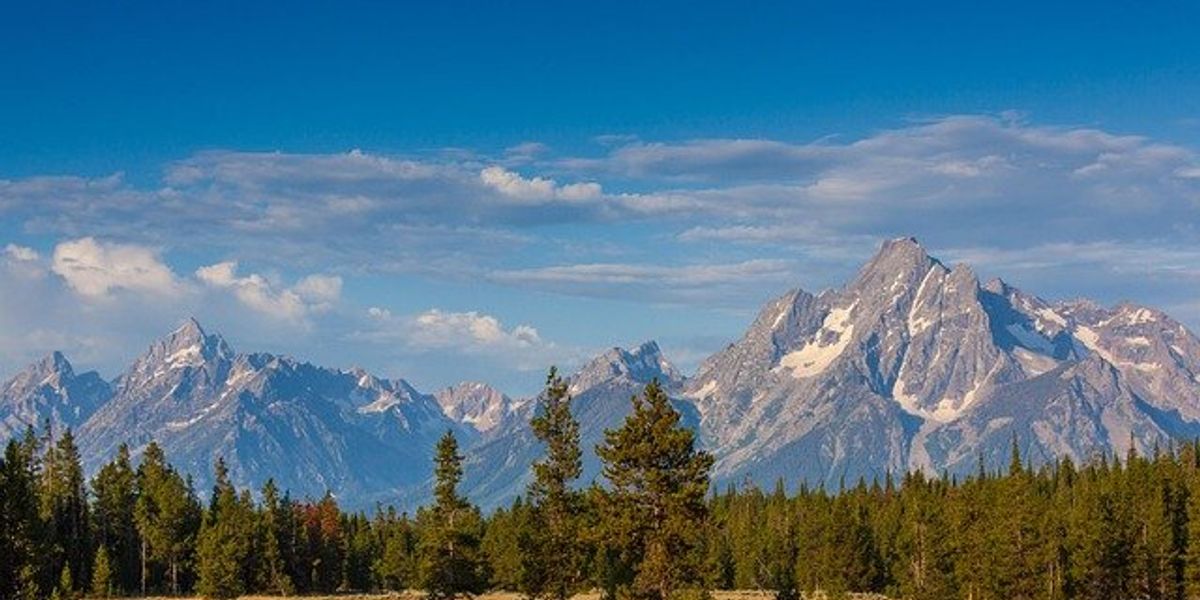
Clownfish shrink their bodies to survive extreme ocean heat
To endure ocean heat waves, clownfish temporarily shrink in size — a biological response scientists recently observed during a marine heat wave off Papua New Guinea.
Adithi Ramakrishnan reports for The Associated Press.
In short:
- Scientists measured 134 clownfish in Papua New Guinea’s Kimbe Bay during a 2023 heat wave and found that 101 of them shrank, a change likely driven by heat stress.
- The shrinkage may help clownfish conserve energy, as smaller bodies require less food, though researchers are still unsure of the exact biological mechanism.
- The fish were able to regrow once environmental stress eased, suggesting a capacity for short-term resilience to rising ocean temperatures.
Key quote:
“We were really shocked at first when we saw that they were shrinking at all.”
— Morgan Bennett-Smith, study author, Boston University
Why this matters:
As ocean temperatures climb, marine organisms are scrambling to adapt in ways scientists are only beginning to understand. The discovery that clownfish can shrink their bodies under thermal stress adds a new layer to the biology of climate resilience, but also raises troubling questions. Shrinking may offer a temporary reprieve, but the long-term impacts of recurring heat waves on growth, reproduction, and survival are unclear. Coral reef ecosystems, already under siege from bleaching and acidification, rely on intricate symbiotic relationships. Disruptions to species like clownfish — who depend on and protect sea anemones — could unravel these networks. Moreover, changes in fish size and behavior ripple up the food chain, affecting predators, prey, and the balance of reef life. As human-driven warming intensifies, what seems like a clever evolutionary workaround may prove unsustainable.
Related: Record ocean heat drives catastrophic coral bleaching across 84% of reefs worldwide













